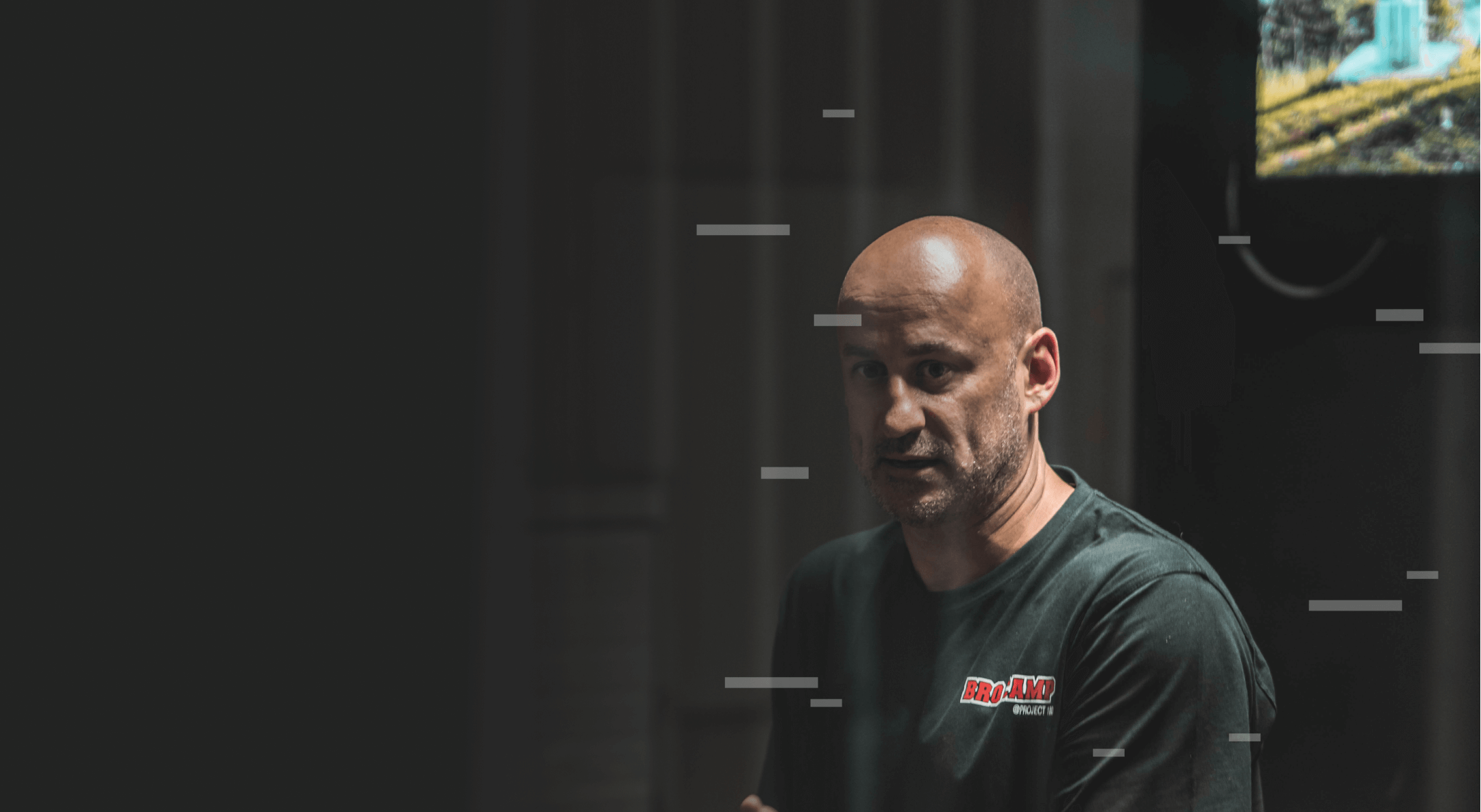The Moment That Could Cost You Everything

In the personal development world, we talk a lot about discipline, focus, and consistency. We preach the value of delayed gratification, compounding habits, and putting in the work day after day, year after year. But there’s a powerful and sobering truth that too many people only learn when it’s too late:
One minute of anger, lust or greed can ruin a decade of your hard work.
Think about that. One bad decision. One impulsive moment. One reaction without pause or self-awareness—and everything you’ve built can come crashing down.
And it’s not just theory. We see it play out all the time. The professional athlete who reacts in a moment of rage and derails a career. The business leader who lets ego or greed lead to shortcuts or shady decisions. The partner who jeopardises a family for a fleeting temptation. The everyday person who has a momentary outburst that breaks a relationship they’ve nurtured for years.
These aren’t just moral failures—they’re lapses in mindset. A lack of emotional regulation. A gap in discipline. A betrayal of values.
And they serve as a reminder: you don’t rise to the level of your goals—you fall to the level of your systems. That includes your emotional and mental systems.
The Three Threats: Anger, Lust, Greed
Each of these emotions on their own aren’t inherently bad. They’re human. But when they go unchecked, when they override our values, they become dangerous.
-
Anger can make you say or do something in seconds that permanently damages trust or credibility.
-
Lust can hijack logic, values, and commitments, creating destruction in its wake.
-
Greed distorts your moral compass, making what’s “just this once” seem justified—even smart—until it’s exposed.
How to Build a Mental Framework That Protects You
-
Anchor to Your Core Values
When you know your values, you make decisions through a different filter. You don’t just act on what you want now—you act on what aligns with who you are long term. -
Practice the Pause
Emotional mastery isn’t about not feeling things. It’s about recognising the feeling, pausing, and choosing your response—not reacting out of impulse. -
Run the 10-Year Test
Before you act on a strong emotion, ask yourself: “Will this decision support or sabotage my long-term goals?” If it feels good in the moment but could destroy the decade, walk away. -
Have Accountability Around You
Who calls you out when you’re slipping? Who reminds you what’s at stake? Surround yourself with people who hold the mirror up when you forget what’s at risk. -
Do the Inner Work Before It’s Urgent
Don’t wait until you’re triggered, tempted, or tested. Train your emotional muscles like you would your body. Read. Reflect. Journal. Seek mentorship. Do the work before the storm hits.
Final Thoughts
It’s not fair, but it’s true: some mistakes take a minute to make and a decade to recover from—if you’re lucky enough to recover at all.
That’s why mindset matters. Why awareness matters. Why building emotional discipline isn’t optional—it’s essential.
You’ve come too far to lose everything for a fleeting moment.
Protect your progress.
Journal Prompt:
- Where in your life are you most vulnerable to impulsive emotions?
- What systems or safeguards can you put in place to protect yourself from those moments?
- Who do you need to have honest conversations with to strengthen your accountability?




